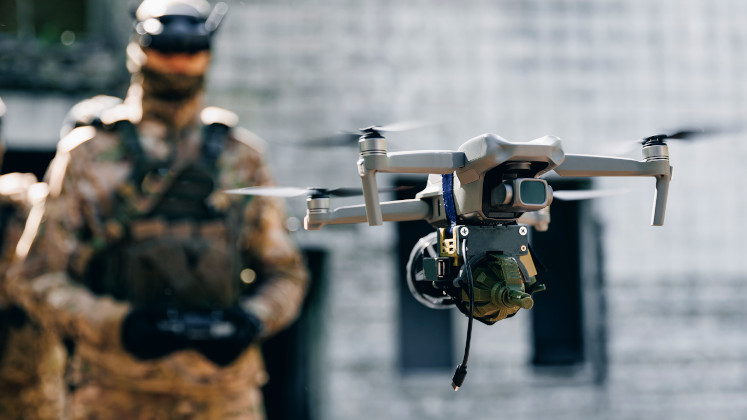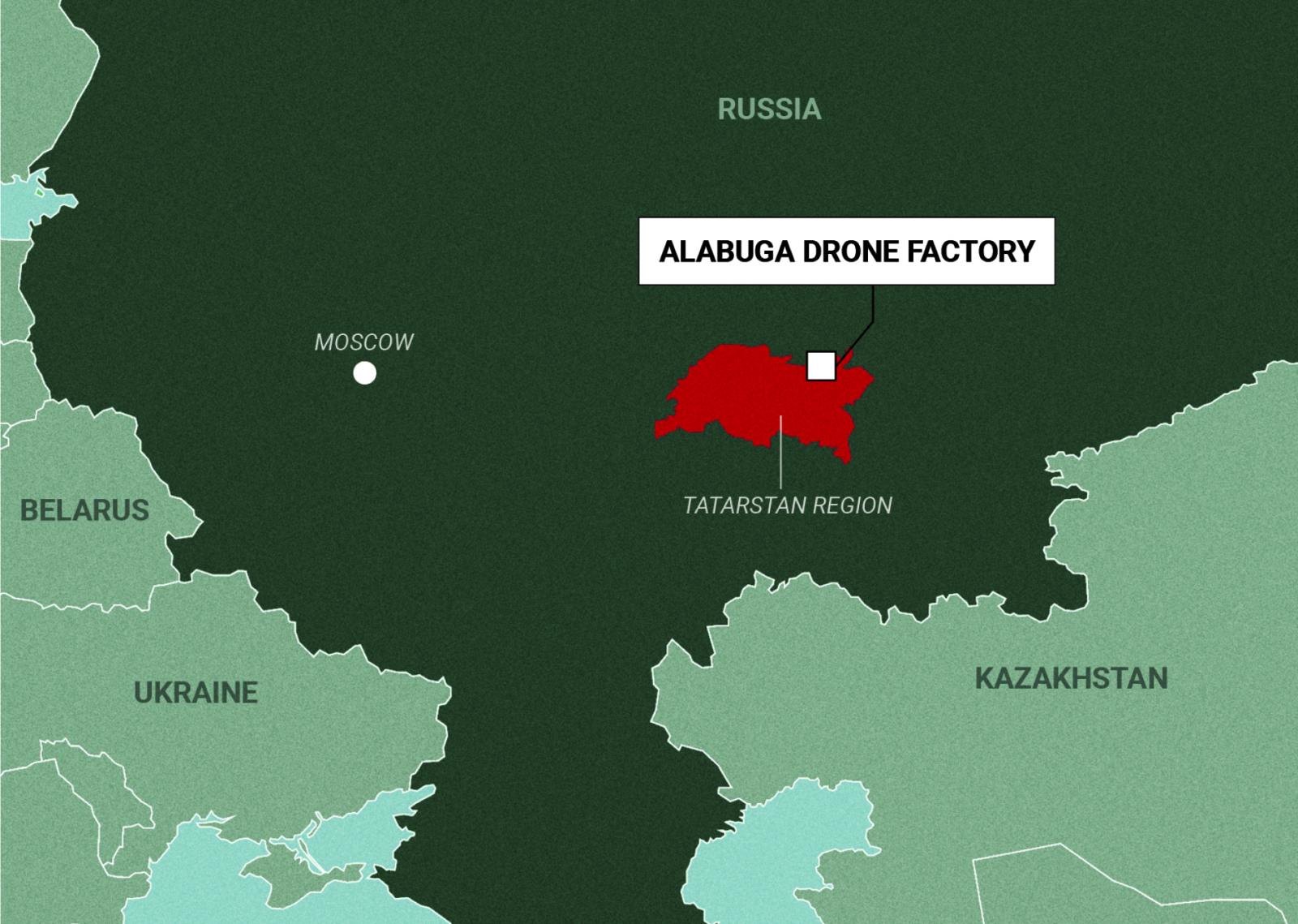Turkey for Ukraine is not only an important trade and military partner but also a potential ally in shaping a regional security architecture.
This was stated by former Deputy Head of the Main Intelligence Directorate Illia Pavlenko during a roundtable organized by the Institute for Global Policy.
“Cooperation with Turkey will allow Ukraine to strengthen its security flank in the south, create conditions for multilateral cooperation in deterring the Russian Federation, and provide opportunities to develop military technologies and diversify risks,” Pavlenko said.
He added that Ukraine is interested in a partnership with Turkey, given its influence on Black Sea security, its role in NATO, its economic potential, and its geopolitical position.
“Turkey and Russia have opposing interests, which creates the risk of direct confrontation or a proxy war between them,” the intelligence officer emphasized.
Pavlenko highlighted Turkey’s support for the Crimean Tatar community, cultural and educational initiatives, and its support for Ukraine in international forums.
Among other partnership measures, he mentioned
“Turkey’s mediating role in negotiations on the de-occupation of Crimea and its contribution to future security in the Azov-Black Sea region, as well as joint lobbying efforts for the implementation of a NATO Black Sea security strategy.”
The intelligence officer also emphasized the countries’ joint military initiatives, the expansion of intelligence sharing — particularly regarding Russian activity in the Black Sea — Turkey’s support for the creation of a regional air and missile defense system, the strengthening of defense-industrial cooperation, and joint developments in missile defense, electronic warfare, and satellite systems.
“The Crimean Peninsula must be Ukrainian — and in doing so, it will cease to generate geopolitical tension throughout the entire Black Sea region,” concluded the former deputy head of military intelligence.




















